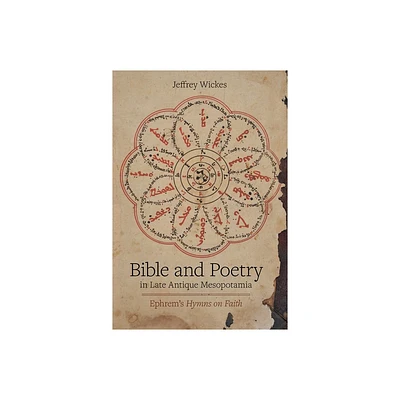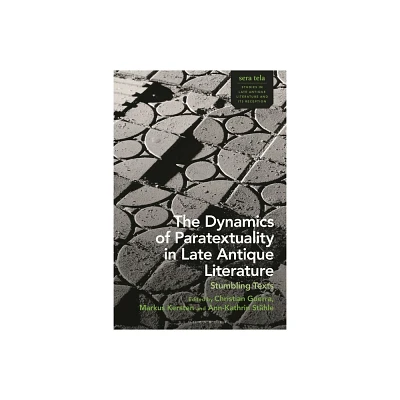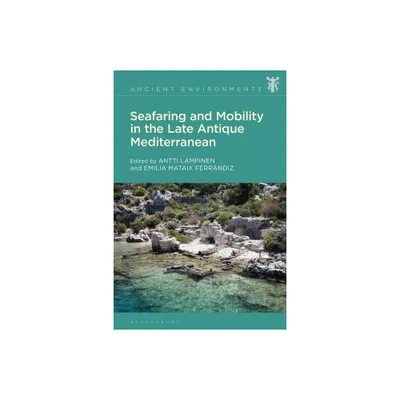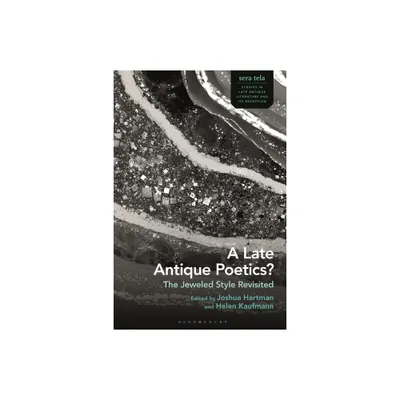Home
Bible and Poetry Late Antique Mesopotamia: Ephrem's Hymns on Faith
Loading Inventory...
Barnes and Noble
Bible and Poetry Late Antique Mesopotamia: Ephrem's Hymns on Faith
Current price: $95.00


Barnes and Noble
Bible and Poetry Late Antique Mesopotamia: Ephrem's Hymns on Faith
Current price: $95.00
Loading Inventory...
Size: Hardcover
*Product Information may vary - to confirm product availability, pricing, and additional information please contact Barnes and Noble
Ephrem the Syrian was one of the founding voices in Syriac literature. While he wrote in a variety of genres, the bulk of his work took the form of
madrashe
, a Syriac genre of musical poetry or hymns. In
Bible and Poetry in Late Antique Mesopotamia,
Jeffrey Wickes offers a thoroughly contextualized study of Ephrem’s magnum opus, the
Hymns on Faith
, delivered in response to the theological controversies that followed the First Council of Nicaea. The ensuing doctrinal divisions had tremendous impact on the course of Christianity and led in part to the development of a uniquely Syriac Church, in which Ephrem would become a central figure. Drawing on literary, ritual, and performance theories,
Bible and Poetry
shows how Ephrem used the Syriac Bible to construct and conceive of himself and his audience. In so doing, Wickes resituates Ephrem in a broader early Christian context and contributes to discussions of literature and religion in late antiquity.
madrashe
, a Syriac genre of musical poetry or hymns. In
Bible and Poetry in Late Antique Mesopotamia,
Jeffrey Wickes offers a thoroughly contextualized study of Ephrem’s magnum opus, the
Hymns on Faith
, delivered in response to the theological controversies that followed the First Council of Nicaea. The ensuing doctrinal divisions had tremendous impact on the course of Christianity and led in part to the development of a uniquely Syriac Church, in which Ephrem would become a central figure. Drawing on literary, ritual, and performance theories,
Bible and Poetry
shows how Ephrem used the Syriac Bible to construct and conceive of himself and his audience. In so doing, Wickes resituates Ephrem in a broader early Christian context and contributes to discussions of literature and religion in late antiquity.


















